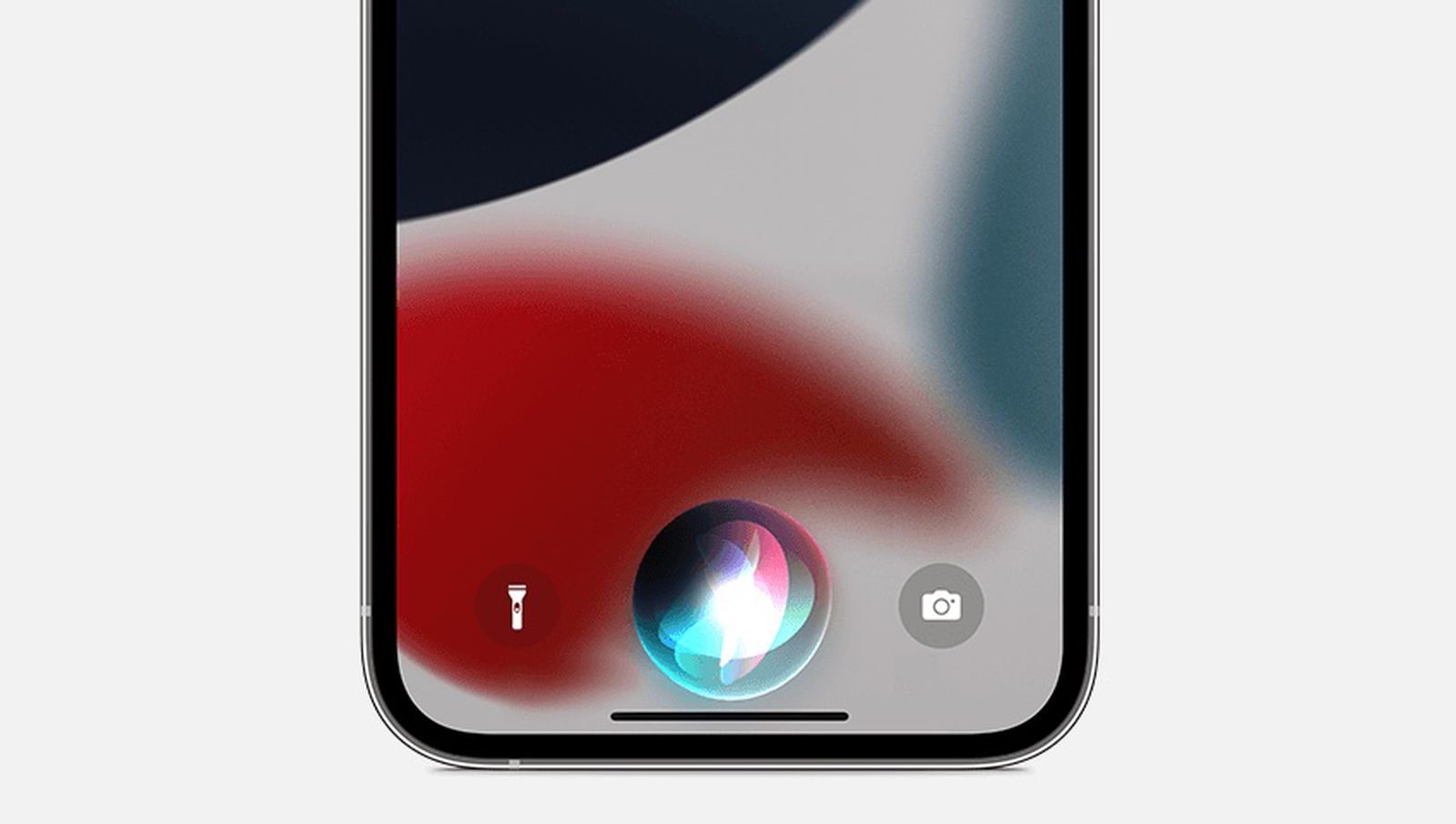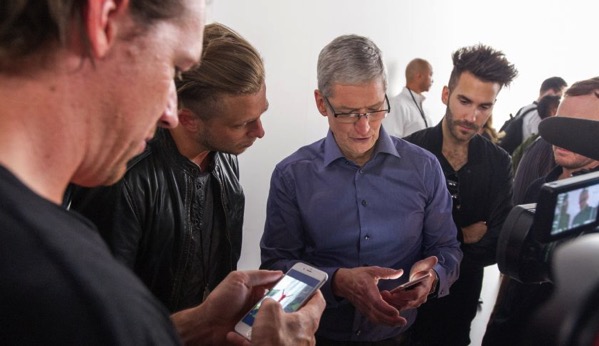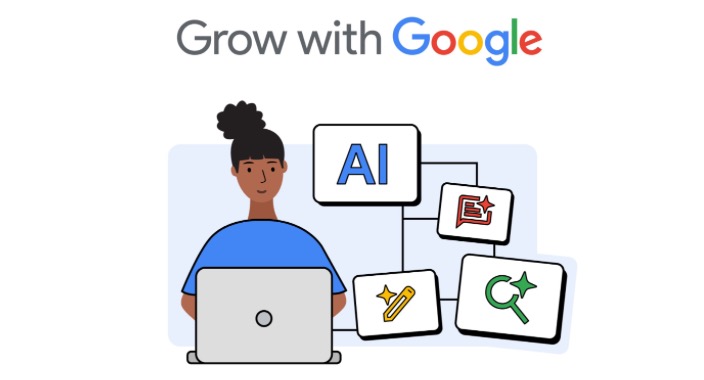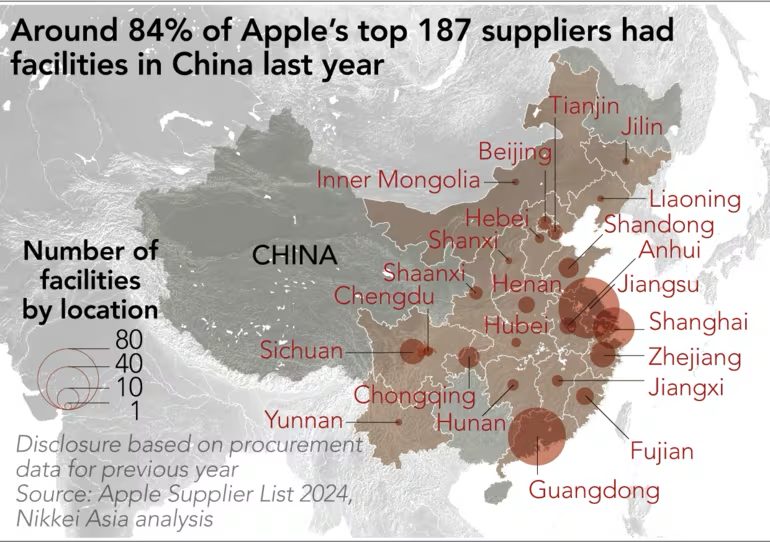
What Prompted Tim Cook’s Public Letter in iPhone Encryption Case

Recently, a US Federal Court ordered Apple to allow the FBI to hack the iPhone 5c used by San Bernardino gunman Syed Farook, by using a custom version of iOS Apple will be forced to produce in a certain timeframe. The custom version of iOS would allow brute force techniques to be applied to unlock the iPhone’s 4-digit passcode, by removing the time delayed protections built to prevent such attacks.
Apple refused to comply, with Tim Cook going ahead with posting a public letter on the company’s website, explaining the US government has asked something of Apple that would threaten the security of its customers.
As to why Cook decided to immediately go public, The New York Time explains it was because the FBI refused Apple’s request to have the application sealed, but rather went ahead to make it public. The public relations war had started: Apple is supporting terrorists by not helping the FBI unlock an ISIS shooter’s iPhone 5c.
Clearly, the FBI had been planning this war versus Apple for a while now:
Apple had asked the F.B.I. to issue its application for the tool under seal. But the government made it public, prompting Mr. Cook to go into bunker mode to draft a response, according to people privy to the discussions, who spoke on condition of anonymity. The result was the letter that Mr. Cook signed on Tuesday, where he argued that it set a “dangerous precedent” for a company to be forced to build tools for the government that weaken security.
Cook told his colleagues that he still stands by the company’s longstanding plans to “encrypt everything stored on Apple’s myriad devices, services and in the cloud”, where the bulk of data is still stored unencrypted. “If you place any value on civil liberties, you don’t do what law enforcement is asking,” Cook wrote.
Meanwhile, over at Fortune, Philip Elmer-DeWitt has pointed out how quick some reporters were to pick up an angle that made Apple’s defense of strong cryptography, wrong and hypocritical, referring to Matthew Panzarino from TechCrunch, who reiterated Apple did not unlock 70 iPhones for law enforcement in the past:
“The press has the ability not only to act as a translator but also as an obfuscator. If they get it and they’re able to deliver that information clearly and with proper perspective, the conversation is elevated, the public is informed and sometimes it even alters the course of policy-making for the better.”
In the latest news involving the Apple vs FBI battle, CNBC now reports the Department of Justice has just filed a motion to force Apple to comply with the FBI order.
Privacy advocates believe if Apple is forced to comply with the court order, it would set a dangerous precedent, and would mean other governments could also force the iPhone maker to unlock devices and bypass security protocols, for all iOS devices.
Moreover, any custom versions of iOS meant to bypass encryption would no doubt fall into criminal hands, or other governments, given how anything can be hacked nowadays.
This case isn’t close just yet folks–it’s only beginning. Time to grab some popcorn, and lots of it.

